Here at Wingly we are, unsurprisingly, big fans of all things aviation, which of course includes films. But have you watched on in awe, for example the classic Top Gun, but struggled to understand the pilot jargon? English is the international language of aviation, however it is not necessarily English as we all know it! During Wingly flights, you might hear some unfamiliar terms used by air traffic controllers and your pilot through your headset. To help you keep up with what’s going on, we’ve explained some common terms from the fascinating language of pilots!

The Pilot’s Alphabet
Now you might be familiar with this first concept as it is also known as the phonetic alphabet. It is used by pilots across the world, and in lots of peoples’ day-to-day lives, to avoid confusion between similar sounding consonants. The full alphabet is as follows:
Alpha, Bravo, Charlie, Delta, Echo, Foxtrot, Golf, Hotel, India, Juliet, Kilo, Lima, Mike, November, Oscar, Papa, Quebec, Romeo, Sierra, Tango, Uniform, Victor, Whiskey, X-ray, Yankee, Zulu.
For example, if you wanted to spell out Wingly, you would say ‘Whisky India November Golf Lima Yankee’.
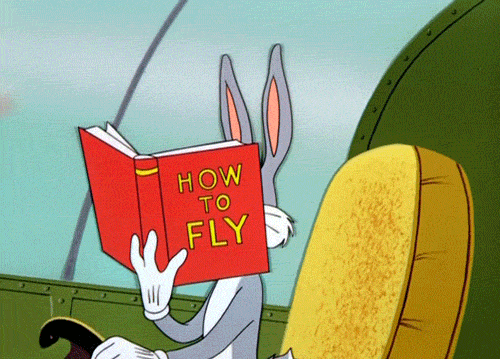
“Tree”, “fife” and “niner”
The Pilot’s Alphabet also includes numbers to create a unified system for pilots and air traffic controllers across the world. However the numbers 3, 5 and 9 are exceptions as they could easily be confused with other similar sounding words commonly used in aviation. Take the example of ‘five’, which could be confused with ‘fire’. Therefore these numbers are replaced by “tree”, “fife” and “niner” respectively.
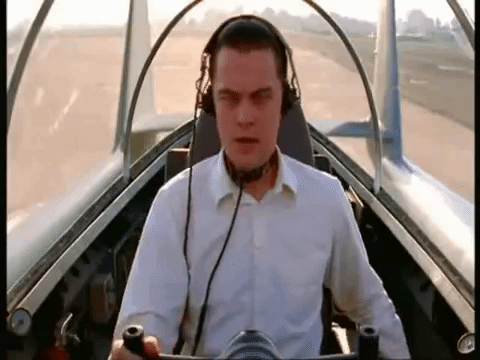
Wilco
This is a very common term in the world of aviation and it literally means ‘will comply’. If you hear this word it means that the person speaking has received the message, understood and will do as told!

Roger that!
You are less likely to hear this phrase in real life, however it is commonly used in films and it simply means that the message has been received. It was formerly ‘R’ in the Pilot’s Alphabet however was replaced by Romeo when the meaning of Roger changed to “understood”.
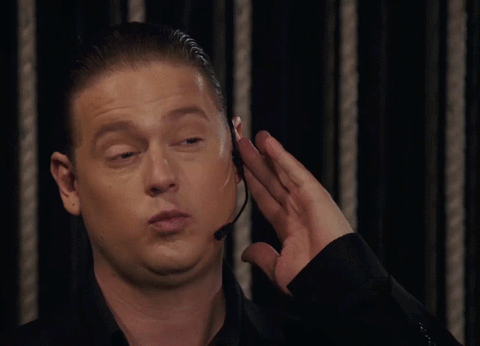
Mayday
Mayday is the universal distress call used in emergencies. The word comes from the French term “m’aidez” which means “help me”. Hopefully you will never hear this in real life, but it is regularly used in films!
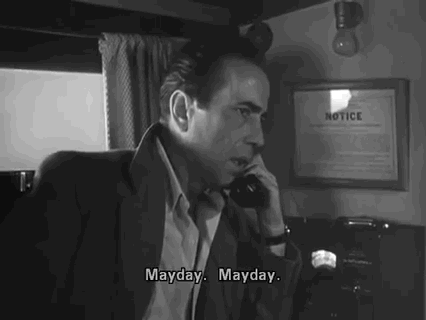
The Runway Numbering System
You might have already noticed that every runway has 2 numbers painted on it and wondered why. Well, the reason is simply so pilots know which runway to take-off from and land on, and it’s all to do with the compass bearings of each runway (slightly confusing we know but bear with us!) Each number is between 01 and 36 and there is always a difference of 18 between the 2 figures, but don’t worry we won’t go into the mathematical details! Make sure to look out for them on your next Wingly flight!
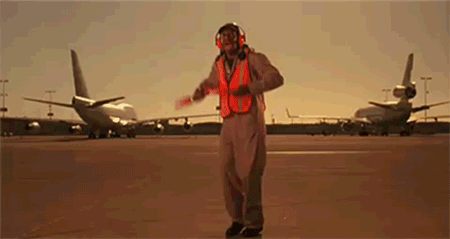
This is just a selection of some of the terms you might hear over your headset or recognise from films. Do you know any other pilot terms? Make sure to leave them in the comments below! To hear this language first-hand and impress your pilot with your knowledge, start planning your next flight today!
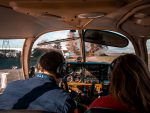
Leave A Reply